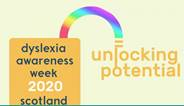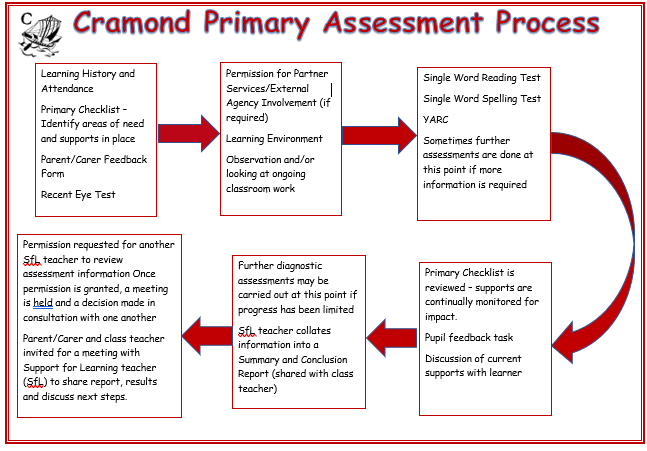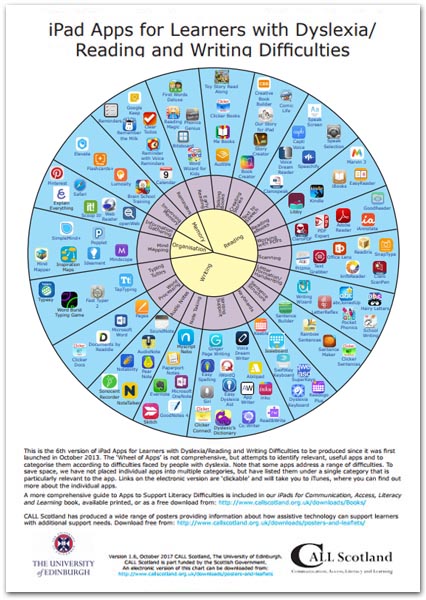Dyslexia at Cramond

It is a learning DIFFERENCE.
Cramond Primary School – Identification of Dyslexia/Literacy Difficulties
Developed by City of Edinburgh Council

City of Edinburgh Council have adopted the operational definition of dyslexia developed by the British Psychological Society: ‘Dyslexia is evident when accurate and fluent word reading and/or spelling develops very incompletely or with great difficulty. This focuses on literacy learning at the ‘word level’ and implies that the problem is severe and persistent despite appropriate learning opportunities.’
The working definition above provides the basis for a staged process of assessment through teaching, and encourages us to identify the particular strengths and difficulties that each learner brings to the task of reading and spelling. This approach allows the learner’s needs to be identified and support to be tailored accordingly.
Assessment, is integral to what teachers do on a daily basis. Teachers collect information through questioning, and through observing how learners carry out the tasks we give them. Information is also available from more structured forms of formative assessment and from summative assessments. This information is interpreted and judgements are made about the tasks, activities and resources that will support the next steps in each pupil’s learning. For most learners assessment is simply a part of the ongoing work within the classroom (‘Pathway 1’). Some learners, some of the time, require a more detailed and individualised approach to assessment.
Another important aspect of planning an assessment is to recognise that it is a cyclical and a staged process.
It is cyclical in the sense that having gathered the information we need, structured and made sense of it, we will go on to identify some actions that might improve the pupil’s learning. We put these in place – this is our intervention – and this is monitored and reviewed. How the pupil responds and the progress they make is additional and very useful information. It may suggest that we need to do more of the same or perhaps something different, and this takes us round a second cycle of assessment, intervention and review.
Within the five roles of Support for Learning (consultancy, cooperative teaching, direct teaching, continuing professional development (CPD) and specialist services) Support for Learning staff can support the literacy development of learners in a range of ways as described below.
- Consultancy: Advising teachers on planning, learning strategies and resources for individual or group literacy development in the classroom, including learning outcomes and programmes.
- Cooperative teaching: Sharing responsibility for planning, teaching, assessing, reporting, monitoring, evaluating and differentiating, in order to meet literacy needs in the classroom.
- Direct Teaching: Supporting individuals and groups within the classroom, including modelling and demonstrating teaching approaches and resources.
- Support with using ICT and with differentiation.
- Managing information about learners, for example gathering and updating information, and ensuring that parents, staff and partner services are kept informed and updated.
Most learners with literacy needs make progress through receiving support as part of usual classroom practice (‘Pathway 1’). Where there are concerns that learners are not making appropriate progress, further investigation (‘Pathway 2’) may be required. Support for Learning staff will then carry out additional assessments. They may then provide additional advice to the class or subject teacher or, for a small number of learners, arrange for direct teaching.

